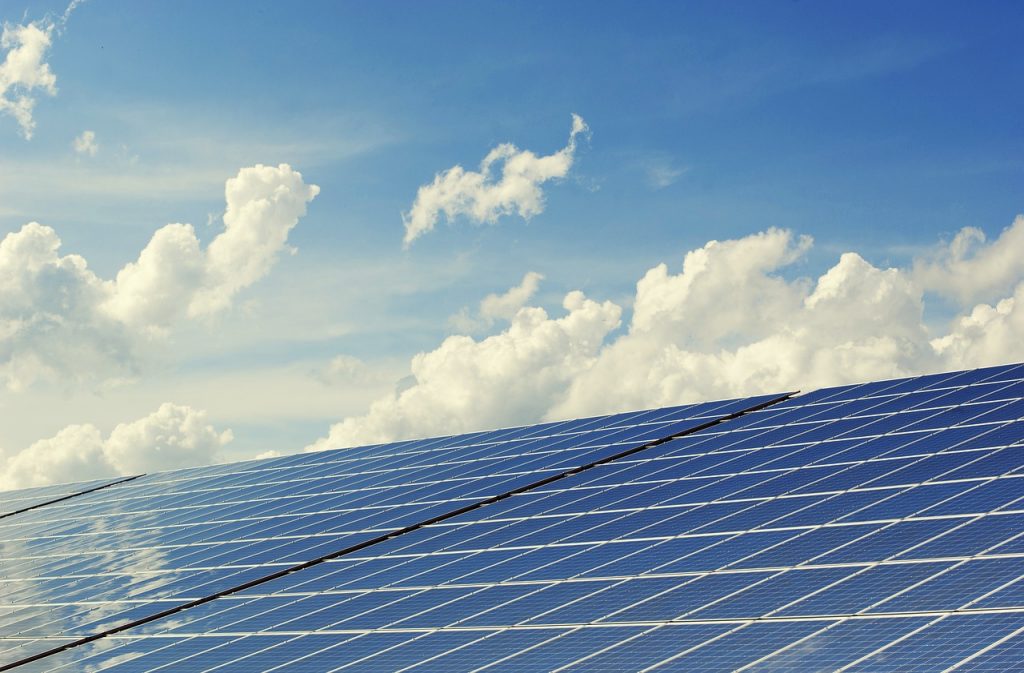Energy efficiency
By: Ingrid Motta
The Department of Economic and Social Affairs of the United Nations (UN) estimates that by 2050 the world population will increase to 9,700 million, and predicts that the world economy will double in the same period, so that urbanization, and the accelerated adoption of technology Added to the demands on connectivity, they will bring with them an intensive use of energy.
Added to geopolitical tension, the war in Ukraine is having a negative impact on the global energy landscape, putting sustainability and energy security at risk. This challenge results in an important opportunity for the acceleration of policies to tackle climate change through the development of a low-carbon economy.
The COP26 climate summit at the end of last year achieved that 90 percent of the participating countries committed to reducing carbon dioxide (CO2) emissions. The International Energy Agency (IEA) presented the Study on Energy Efficiency 2021, with a measurement approach and a roadmap to triple the investment to achieve greater energy efficiency by 2030 and lay the foundations to reach a net zero of emissions by 2050.
Energy efficiency is identified by the IEA as the “first fuel”, since it makes the most of existing energy and avoids the need to develop new resources. Independent research indicates that if the world's 300 million industrial motor-driven systems were replaced with optimized, high-efficiency equipment, global electricity consumption could be reduced by 10 percent. This reduction is equivalent to more than 90 percent of the annual consumption of the entire EU.
To raise awareness of how advanced technology can mitigate climate change, ABB launched the Energy Efficiency Movement in 2021, a global survey that allows understanding the current and future plans of industries to invest in improvements for energy efficiency, and with which the company commits to support its clients in reducing their CO2 footprint by 2030 in a collective of 100 megatons per year, the equivalent of removing 30 million combustion cars from the roads each year.
According to the survey, the growing impact of energy costs on profitability means that energy efficiency is receiving a higher priority, yet cost and downtime are significant barriers to investment, driving industries around the world. to respect and take action to comply with the UN request that calls for concerted action by countries to reduce greenhouse gas emissions at a faster rate.
The key takeaway from this survey is that energy efficiency must be a key pillar of government infrastructure programs, and authorities must find new ways to incentivize the adoption of the latest technology. From the private sector, investors concerned about sustainability must make capital available to accelerate investments.
Understanding the economic and environmental value of energy efficiency requires a commitment to education and a deep understanding of high-efficiency solutions that will bring benefits to all, and accelerate the transition to a more sustainable future.





















